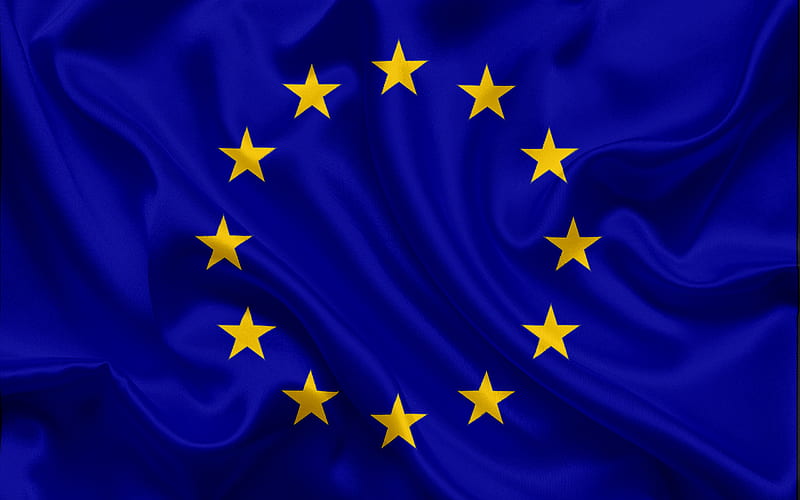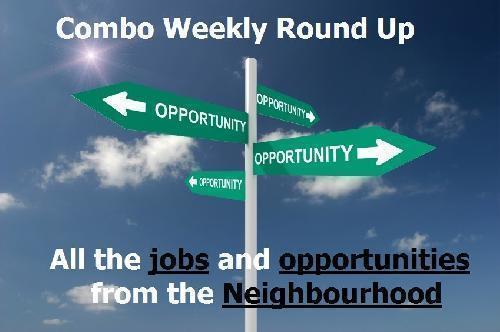Foreign Affairs Council: Press remarks by High Representative Josep Borrell after the meeting

Yesterday, I hosted an informal dinner with the former Israeli Prime Minister Olmert and the former Palestinian Foreign Minister Al Qidwa to hear about their peace plan, which is a ray of hope in these dark times. Sitting together, Palestinian and Israeli former officials, former President of [the government of] one country, former Foreign Minister of the other, to talk amongst them. To put on the table the plans for building peace. It is such a rare thing, that we have to use all the opportunities in order to make peace advance. We discussed what else we could do to create public support and momentum to return to the path of peace. Our guests, yesterday, reminded us how close the parties came to an agreement at that time, many years ago in 2008, but then history turned in the other direction. Peace was not possible, and the war continued.
Now we have a moment in which we have to look for all our forces in order to avoid the destruction and the tragic circumstances that are being endured by the people in Gaza and Lebanon; by the hostages still not being released; with the apocalyptical situation in Gaza, where 70% of the death toll is being paid by children and women. 70% of the casualties are children or women. In Lebanon, 100,000 houses destroyed. In Gaza, 2 million people [moved] from one side to the other of the strip. The most frequent age of the casualties in Gaza is a 5 to 9 years old child. The most frequent age of the casualties in Gaza is a 5 to 9 years old child – this is a war against the children.
That is why I proposed to the Council to suspend [a part of] the Association Agreement with Israel. More specifically, the part that falls into the exclusive competence of the Council, knowing that the Commission has not proposed anything after Spain and Ireland asked for a study [on] how much Israel is fulfilling the obligations according to the Association Agreement.
I presented the report done by our Special Representative for Human Rights. Most of the Member States considered that it was much better to continue having diplomatic and political relationships with Israel. So, the decision was not taken into consideration, as expected. But, at least, I put on the table all the information produced by United Nations Organisations and every international organisation working in Gaza and the West Bank and in Lebanon, in order to judge the way the war is being waged.
We discussed also about UNRWA, the legislation adopted by the Knesset, which we have condemned strongly, considering that the role of UNRWA’s is irreplaceable – but without saying how it will be replaced.
We discussed about the sanctions proposed against Hamas, and against the violent settlers – against the people who are attacking the Palestinians in their houses and their lands in the West Bank. The West Bank remains on the brink, [facing] Israeli [military] operations and settlers’ violence. There has not been an agreement [among Member States], not yet, but I hope [it will arrive]. By the way, following the decisions taken today by the Biden administration, the Member States will reconsider the proposals I made about some extremist settlers, by their illegal actions in the West Bank.
On Lebanon, Member States were considering a ceasefire, asking for it to take place quickly, considering the massive displacement of close to one million people, widespread destruction of civilian infrastructure, and surging civilian death at a level that cannot be tolerated.
All and all, Lebanon, West Bank, Gaza, hostages, the peace process, has to be revived. The Global Alliance for the implementation of the two-states solution that we launched in United Nations General Assembly (UNGA) had a meeting in Riyadh and will have a [follow up] meeting on 28 November, my last day in office, here in Brussels. The key word is implementation, not just recognition, not just expressing wish, but implementation, doing something for this to happen. Otherwise, it will be words that bring us nowhere, and we need to go somewhere.




























 Syria
Syria 





